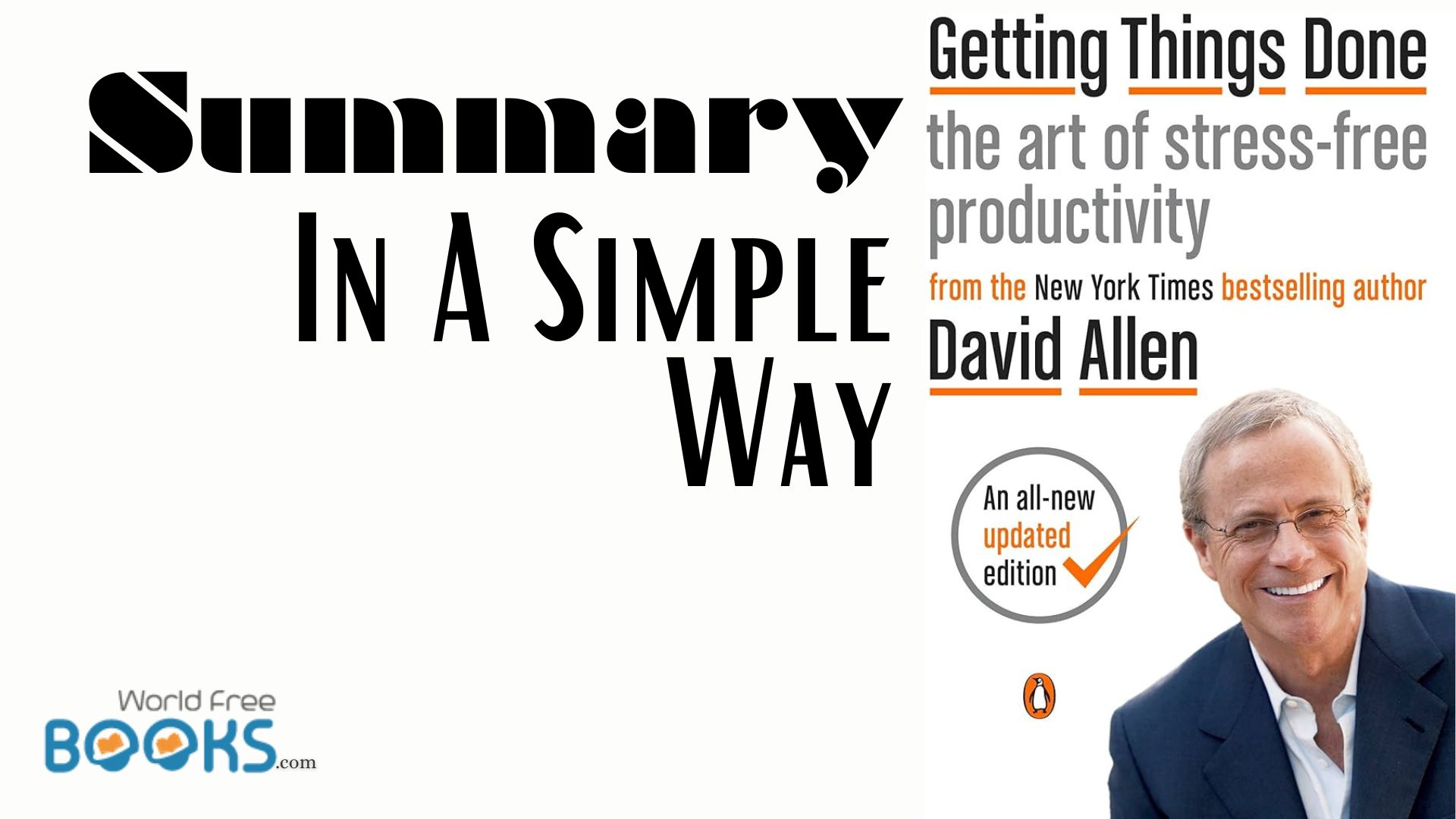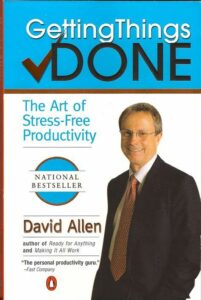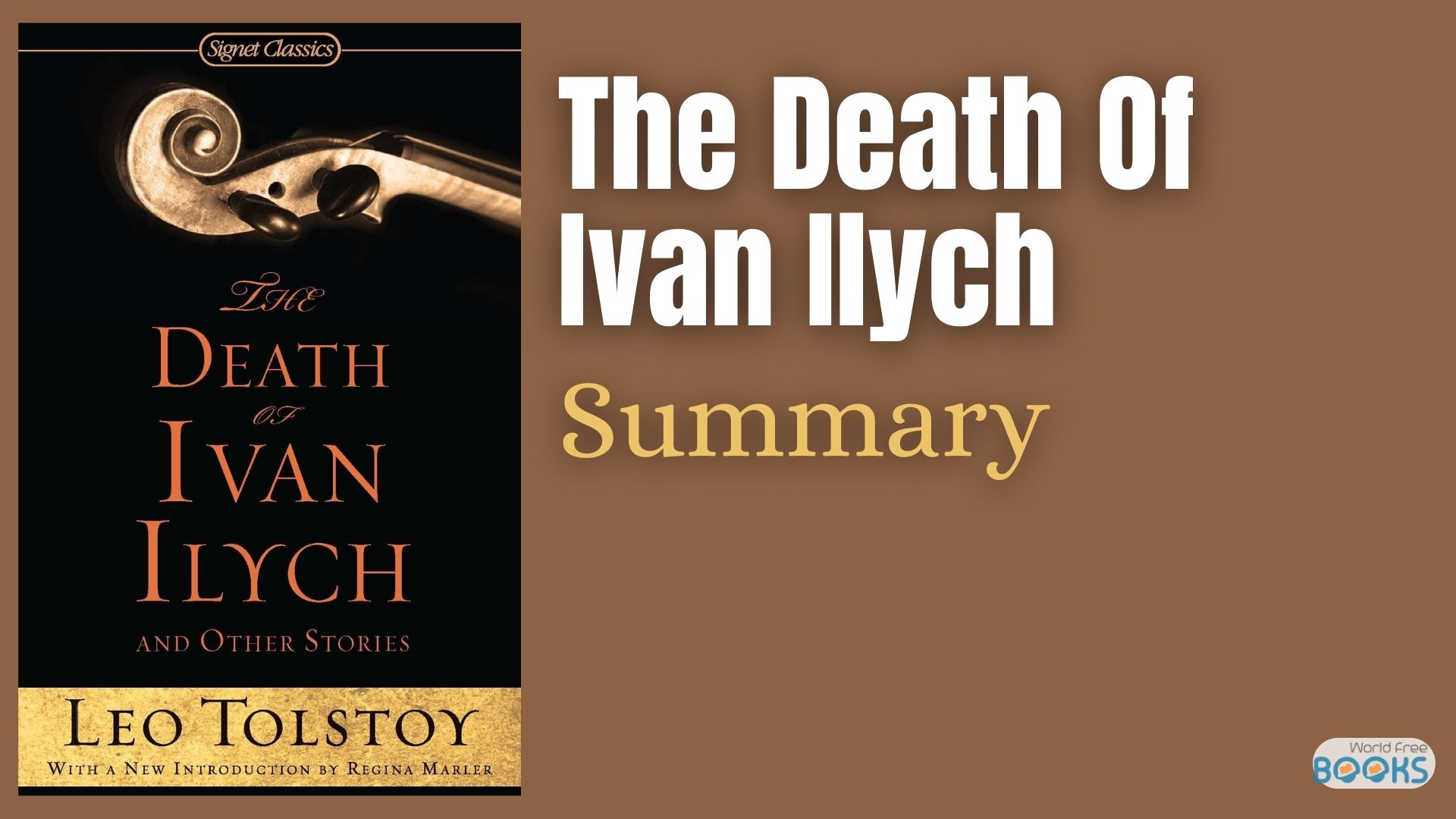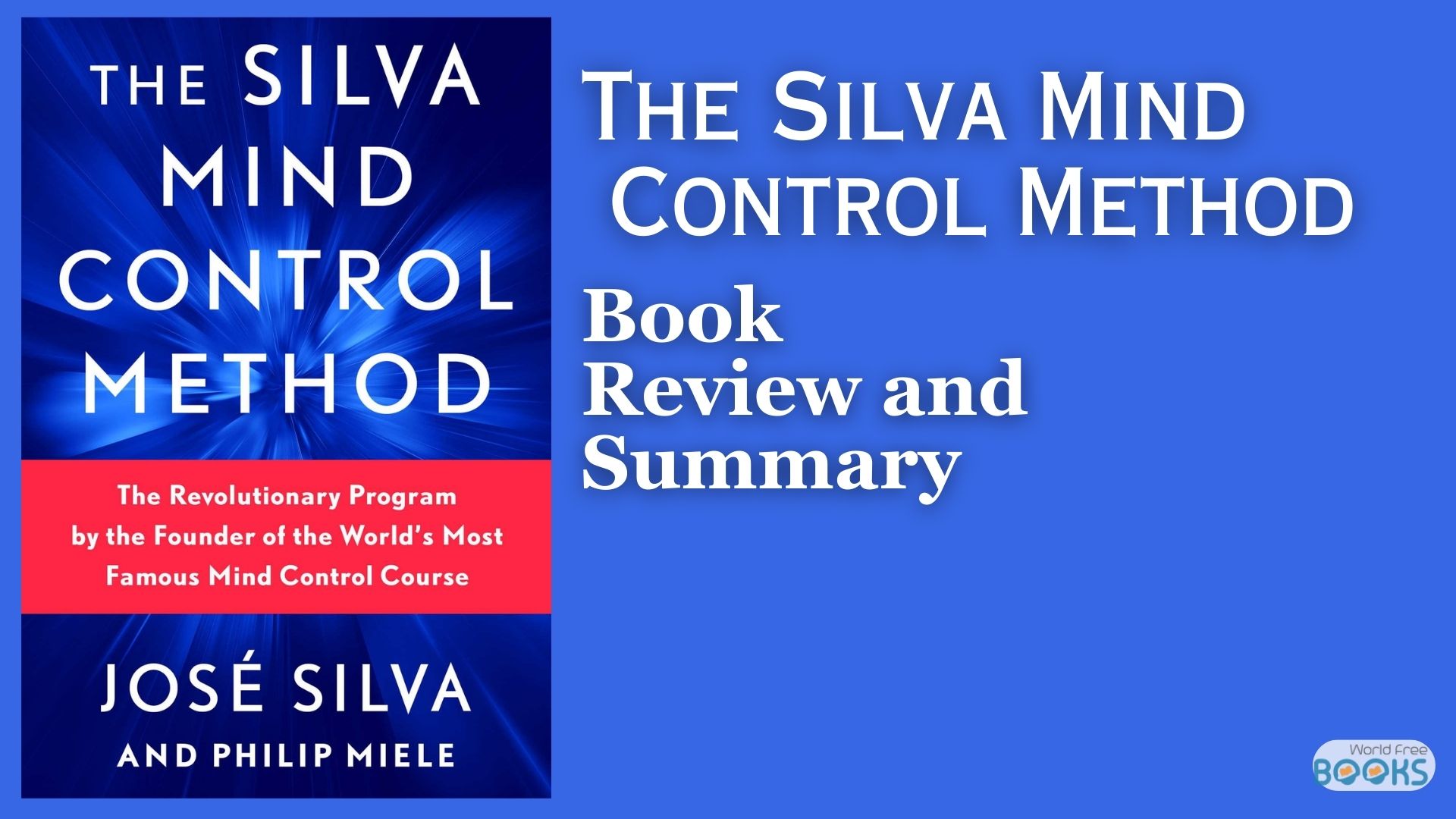
Getting Things Done summary is most important to know to understand the book better and to reflect on the learnings from the book in your everyday life. Getting Things Done summary is the main point in understanding the full concept of the book. The book Getting Things Done is a personal development book.
The author of the book David Allen developed a personal productivity system and wrote a book on the theory and that is the book Getting Things Done. The author David Allen developed a strategy for a person’s professional life that helps a person to be productive without any stress.
Here in this article, I’ll be giving the Getting Things Done summary and discuss the book in a detailed way. But first, I’m going to give you a short description of the author David Allen.
Who Is David Allen?
David Allen was born on December 28, 1945. He is an American productivity consultant. He is best known for creating a time management method called “Getting Things Done”. David grew up in Shreveport, Louisiana, where he acted and won a state championship in debate. He attended New College, which is now known as New College of Florida, in Sarasota, Florida.

Later, he completed his graduate work in American history at the University of California, Berkeley. Allen has had a diverse career path, working in various jobs such as a magician, waiter, karate teacher, landscaper, vitamin distributor, glass-blowing lathe operator, travel agent, gas station manager, U-Haul dealer, moped salesman, restaurant cook,
personal growth trainer, manager of a lawn service company, and manager of a travel agency. He claims to have had 35 different professions before the age of 35 and is an ordained minister with the Movement of Spiritual Inner Awareness. During the 1980s, David Allen started implementing his productivity approach in the corporate world.
He was awarded a contract to create a program for executives and managers at Lockheed. He is the founder of the David Allen Company, which is an executive coaching firm that uses his “Getting Things Done” methodology. The company’s presenters, not Allen, usually conduct one-day public seminars on the methodology. However, Allen himself occasionally gives lectures or sessions.
About David Allens Bibliography
David Allen has written about three books till now. First of all, David Allen wrote “Getting Things Done: The Art of Stress-Free Productivity” which is a personal productivity development book. Secondly, he wrote ” Ready For Anything: 52 Productivity Principles for Work and Life”. The second book by the author is a collection of newsletter articles.
The third Book written by the author is ” Make it All Working: Winning the Game Of Work And Business Life”, A follow-up to his first book. In 2015, David Allen also wrote a new updated version of ” Getting Things Done: The Art Of Stress-Free Productivity”.
Getting Things Done Summary
The Getting Things Done summary needs to be written in such a way that it could be easy for a stressed person. We want you to get inspired by reading this summary of the book and start reading the whole book. So, we will summarize the book in chapters simply.

The book Getting Things Done beholds a method of managing your tasks and projects more effectively.
Getting Things Done By David Allen:
- Manage ‘Open Loops’: If we don’t appropriately manage the ‘open loops’ in our life, our attention will get pulled. An ‘open loop’ is anything that does not belong where it is, the way it is.
- Clarify Outcomes and Actions: Overwhelming comes from not clarifying what your intended outcome is, not deciding what the very next action is, and not reminding yourself of your intended outcome and action.
- Transform ‘Stuff’ into Actions: You need to transform all the ‘stuff’ you attract and accumulate into a clear inventory of meaningful actions, projects, and usable information.
- Define ‘Done’ and ‘Doing’: Getting things done requires defining what “done” means and what “doing” looks like.
- Master Your Workflow: Mastering your workflow involves capturing what has your attention, clarifying what it means, putting it where it belongs, reviewing it frequently, and engaging with it.
- Two-Minute Rule: If an action takes less than two minutes, it should be done when it is defined.
- Manage Commitments: Anxiety and guilt don’t come from having too much to do; it comes from breaking agreements with yourself.
- Your Mind is for Ideas: Your mind is for having ideas, not holding them.
So, this was the Getting Things Done summary; throughout the article; I’ve tried to simplify the whole knowledge of the book; so that you can understand the book in the best way.

 Dec 26, 2023
Dec 26, 2023 




